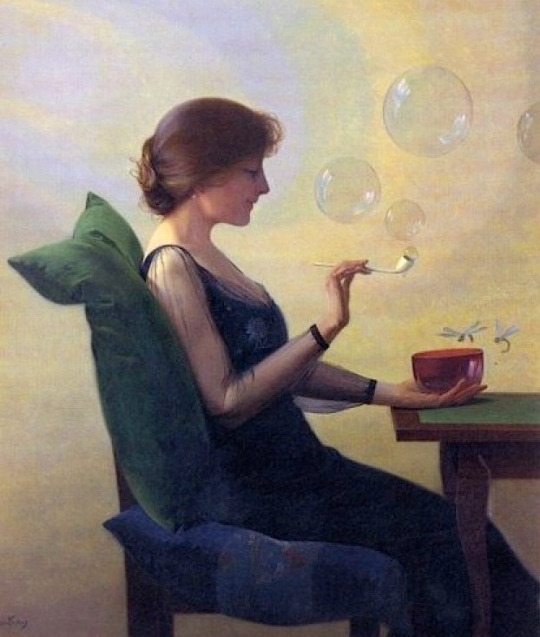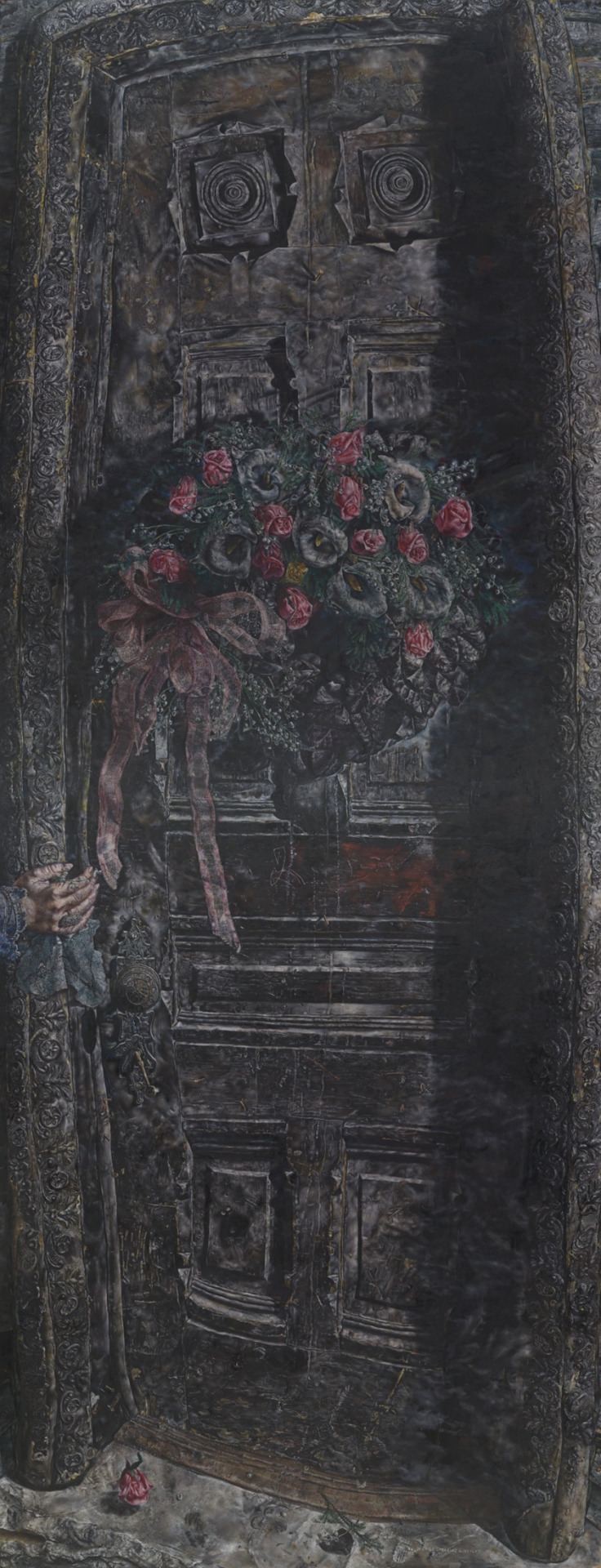#ivan pasternak
Text
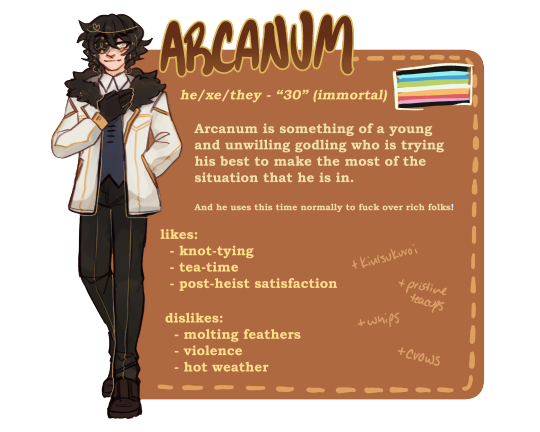


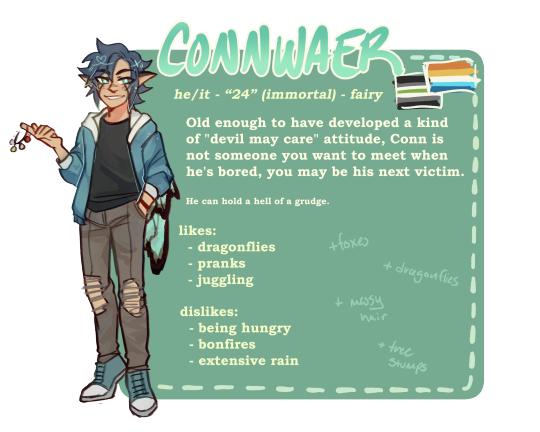
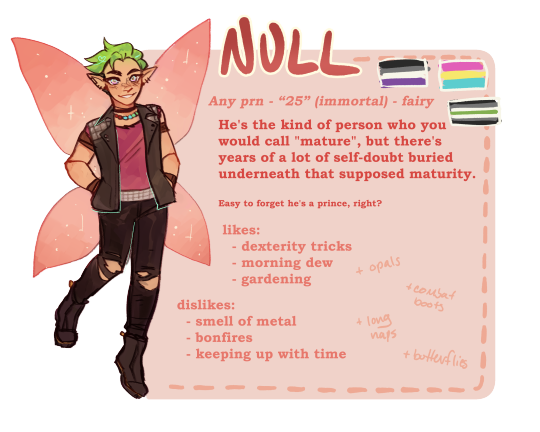






hey look, oc bios!
#original characters#oc bios#digital artist#artist on tumblr#emberchii#tiny brain children#ember nyxian#emrys vaughn#asuka radcliff#null the fae#connwaer the suneelie#vera pasternak#ivan pasternak#arcanum#caine arboran#keaton allens#rowan shimizu malcalester
59 notes
·
View notes
Text
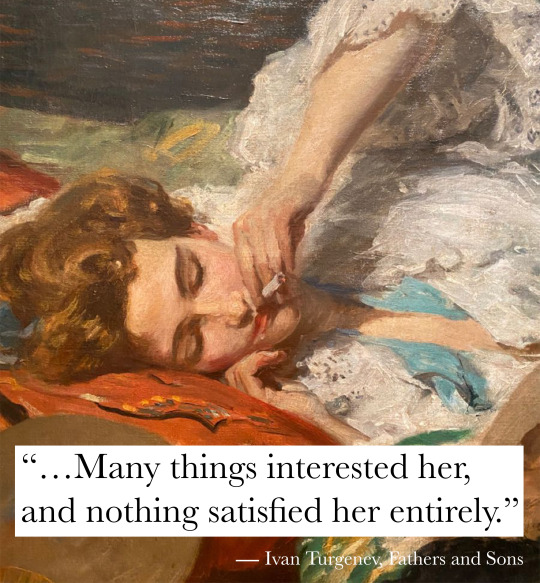
“…Many things interested her, and nothing satisfied her entirely.”
― Ivan Turgenev, Fathers and Sons
#albert camus#franz kafka#poetry#classical quotes#sylvia plath#literature#quotes#classics#booklr#classical literature#dostoevksy#leo tolstoy#ivan turgenev#fathers and sons#russian literature#anna akhmatova#boris pasternak#anna karenina#jane austen#charlotte bronte#lit#literary quotes#classic literature#book quote#bookblr#books#book quotes#reading#woman smoking#poem
339 notes
·
View notes
Note
Ooooh I would love to hear about your hypothetical curriculum for St. Petersburg!
In my mind, there are two other parallel versions of me that chose other fields of study. There's one who chose theology, and there's one who chose Russian lit.
So five-ish years ago, I read St. Petersburg: A Cultural History by Solomon Volkov. I absolutely adored it. As I read, I kept a running list of all the literature, music, and art that I wanted to look up and experience once I had finished the book. This turned into a sort of self-taught class on the literature of St. Petersburg, which continues to be one of my greatest fascinations. I read voraciously, listened to little but Petersburg opera for months (hit me up for Russian opera recs!), and when I read other Russian cultural histories, I kept similar lists and read even more. I've still got quite a lot of Russian classics on my to be read list, but this technique gave me a wonderful start, which led me in turn to create this hypothetical lit curriculum. I would love nothing more than to somehow share Petersburg's beautiful body of poetry, prose, and essay with others.
Note: this is probably a bit more than would fit in a standard undergrad semester, but I've already made substantial cuts from the original lists and can't bring myself to pare it down anymore. Suspend your disbelief, etc.
The Petersburg Mythos
Alexander Pushkin: The Bronze Horseman and The Queen of Spades
Mikhail Lomonosov: Masquerade
Nikolai Gogol: The Nevsky Prospect and The Overcoat
Fyodor Dostoyevsky: White Nights and Crime and Punishment. Maybe also The Adolescent if there's time; if not, I would at least include one particular excerpt from it.
Ivan Turgenev: Home of the Gentry
Leo Tolstoy: Anna Karenina
Yevgeny Zamyatin: “Moscow-Petersburg”
Essay: Using “Moscow-Petersburg” as a framework, examine the projected mythos of St. Petersburg in contrast to that of another major city in Europe, Asia, America, or even in fiction.
The Silver Age
Alexandre Benois: “Picturesque Petersburg”
Andrei Bely: Petersburg
Boris Pasternak: “February” “A Wedding” “My Sister, Life” “Hamlet”
Alexander Blok: “The Dances of Death” “The City Sleeps” “The Stranger”
Nikolay Gumilyov: “The Lost Tram” “The Sixth Sense”
Anna Akhmatova: "The Prayer"
Marina Tsvetayeva: “To Akhmatova”
Essay: While the influence of Golden Age literature on the Silver Age is clear, many have noted an air of dread and anticipation preceding the Bolshevik Revolution in their work is well. Was St. Petersburg of the Silver Age more past- or future-oriented? Defend your answer.
The Martyr City
Anna Akhmatova: Untitled poem on Gumilyov’s arrest
Osip Mandelstam: “Leningrad,” “Petropolis,” Untitled “Help me, O Lord…”
Yevgeny Zamyatin: The Cave
Konstantin Vaginov: The Goat Song
Yuri Tynyanov: The Death of Vazir-Mukhtar
Anna Akhmatova: “Requiem” and “Poem Without a Hero”
Mikhail Zoshchenko: Nervous People
Choose an emotional response to the suffering of the early Soviet Era, such as grief, alienation, fear, or hope, and analyze its presence in the literature of early to mid-century Leningrad.
Expatriates, Non-Russians, and the End of the Soviet Era
Vladimir Nabokov: Speak, Memory
Alexander Kushner: selections from We Cannot Choose Times…
Andy Croft: Epilogue to “Fellow Travellers”
Olga Berggolts: Untitled “We pronounced the simplest, poorest words…”
Vladamir Kornilov: “Freedom”
Essay: How does the writing of those who are alienated from St. Petersburg’s identity in some way differ from those who are immersed in it? (In order to answer this question, you will need to decide: What is St. Petersburg’s identity?)
#i think i'm gonna start migrating my Russia posts over to this blog#clearly this community has an interest#and i yearn to share this sort of thing with you all#i had a really tough time tracking down a lot of these poems and essays#back when i first read them#so if anyone has that same problem let me know and I can probably help#i have a stockpile#it's an absurdly long word document that probably ought to be a folder or something#i would sell body parts for a chance to visit St. Petersburg#russia where are you flying to?#literature makes us more human#ask me hard questions#really glad you asked for this one friend#sorry it took so long
54 notes
·
View notes
Photo

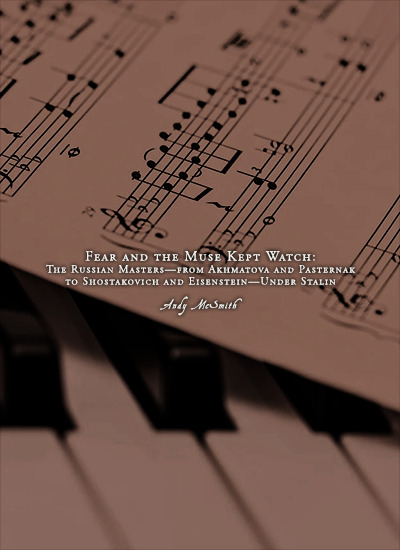
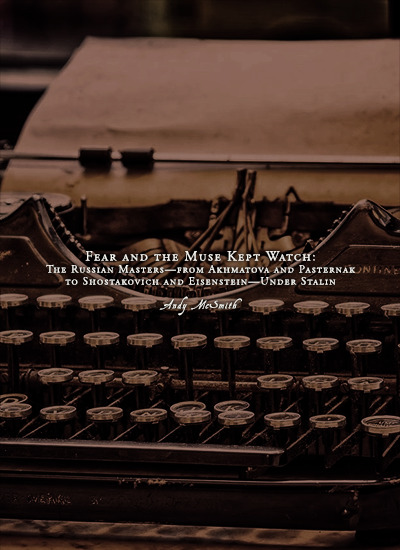



Favorite History Books || Fear and the Muse Kept Watch: The Russian Masters—from Akhmatova and Pasternak to Shostakovich and Eisenstein—Under Stalin by Andy McSmith ★★★★☆
Under this stultifying regime in which, to quote Pasternak, independent thought was “a form of meningitis,” it beggars belief that anything of any lasting value could be created. And yet Russia under communist rule produced works of extraordinary power and beauty that continue to delight long after the passing of those who created them. Some of the finest poetry in the Russian language was written in the oppressive chaos of the 1920s or under Stalin’s malignant eyes. Shostakovich wrote his Fourth, Fifth, and Seventh Symphonies and other lasting compositions under Stalin; Prokofiev composed the most popular piece for children in the world’s classical repertoire, Peter and the Wolf, and the wonderful ballet Romeo and Juliet and collaborated with Eisenstein on Alexander Nevsky, one of the most popular films of the 1930s; Bulgakov secretly wrote Russia’s favorite twentieth-century novel, The Master and Margarita; Pasternak wrote Doctor Zhivago; and that other magnificent and now underrated novel Quiet Flows the Don appeared under the name of Mikhail Sholokhov.
On the whole—again surprisingly—Stalin recognized the great artists within his domain and treated them with more respect than he showed communist officials who crossed him. Trotsky’s biography of his rival begins with the remark that Stalin was “Asiatic,” as if he were a twentieth-century Genghis Khan from the bandit country beyond the Caucasus Mountains. Stalin was indeed as ruthless and suspicious as any barbarian despot, but he was not ignorant. He had been educated at the Tiflis Seminary in Georgia, one of the best schools in the empire outside the major Russian cities. The young Iosif Vissarionovich Dzhugashvili, son of a violent, drunken cobbler, may have been a playground bully and gang leader, but he was an intelligent pupil. His singing voice was “good enough for him to go professional,” according to Simon Sebag Montefiore, while “as a poet he showed a certain talent in another craft which might have provided an alternative to politics and bloodletting.” Once in power, he was shrewd enough to understand that his regime gained n prestige from artists producing work that was genuinely admired at home and abroad. He was also clever enough to differentiate between real artists and hacks turning out rubbish to please the authorities. He would, when it suited him, arbitrarily raise a mediocrity like the now-forgotten composer Ivan Dzerzhinsky to sudden prominence while having his officials bully and harass Shostakovich, but his subsequent behavior makes it obvious that he knew which of those two composers was a great artist and which was the mediocrity. Despite the dreadful ordeals the dictator put him through, Shostakovich remained a privileged Soviet citizen. He, Prokofiev, and other successful artists became very wealthy by the standards of the place and time.
To an audience used to free speech, this reads as a black comedy about a writer of great talent forced to debase himself before an absolute ruler—but imagine what would have gone through the mind of an aristocratic courtier in Versailles, brought up to believe that title and pedigree were all that mattered and whose life has been spent straining to be acknowledged by the king, on seeing a commoner being honored in this extraordinary way for no better reason than that he wrote amusing plays. Bulgakov endured endless harassment from the authorities, until everything he wrote was banned except the one play that had received Stalin’s personal endorsement. To us, that makes him a persecuted writer. To his contemporaries, he was someone who had enjoyed the exceptional privilege of speaking directly to Stalin on the telephone and could therefore go to bed without fearing an ominous knock on the door in the night. There must have been petty officials longing to be recognized by Stalin who envied Bulgakov.
#historyedit#litedit#anna akhmatova#boris pasternak#russian history#soviet history#european history#history#history books#nanshe's graphics
16 notes
·
View notes
Text
Instagram Intros (Alexei & Anneliese’s Kids)

Nikolai Alexei Smirnoff
DOB: September 27th 1978
Age: 42 years old
Hometown: Krasnoyarsk, Russia
S/O: Nicole Peterson
Kids: Heidi and Everett
Best Friend(s): Daniil Knudsen
Aesthetic: The typical older brother, always wanted to be successful, and absolutely idolized Alexei and wanted to be just like him. He was a daddy's boy through and through and very protective of his younger siblings.

Wes Mikhail Smirnoff
DOB: July 19th 1980
Age: 40 years old
Hometown: Krasnoyarsk, Russia
S/O: Sofia Gonzalez
Kids: Matteo
Best Friend(s): Grigory Rakitić and Maksimilian Safin
Aesthetic: He was the party animal out of all his siblings. He did suffer from the pressures of being manly and tried to prove to everyone that his is a man, which caused many dangerous stunts to show off to his friends. He was very close to his mother and was always a mama's boy, though his mother did worry about him, he did eventually settle down.

Anastasia Louisa Smirnoff
DOB: January 11th 1984
Age: 36 years old
Hometown: Krasnoyarsk, Russia
S/O: Thomas Ethenburg
Kids: Jackson, Prescott, and Dmitri
Best Friend(s): Irina Mosolov and Mira Baladin
Aesthetic: Very clean pinterest look, loves to travel and lives like some sort of russian supermodel. Always seems put together during the day, and always going out with friends at night. Learned her secret breakfast hangover cure from her mother.

Ivan Venedict Smirnoff
DOB: December 14th 1987
Age: 33 years old
Hometown: Krasnoyarsk, Russia
S/O: Kelly Williams
Kids: Nathan, Emmeline, Torrance, and Olivia
Best Friend(s): Thomas Minsky
Aesthetic: He is a very talented writer and wanted to become a crime journalist when he was young. His parents encouraged this and he would go around is small neighbourhood and interview anything he could. When he was 18 he moved to New York City where he met his now wife and became a reporter for the New York Times.

Ella Viktoria Smirnoff
DOB: August 28th 1990
Age: 30 years old
Hometown: Dyer, Indiana
S/O: Nicholas Griffin
Kids: None
Best Friend(s): Melina Gorbachev and Lukas Pasternak
Aesthetic: She is the fun aunt all of her nieces and nephews you absolutely adore. She is also Alexei’s favourite considering it is his youngest daughter and the two have always had a natural bond. When she was little she used to follow her dad around everywhere, watch cartoons with him, and put on his glasses and pretend to be him.

Sacha Warner Smirnoff
DOB: February 19th 1997
Age: 23 years old
Hometown: Dyer, Indiana
S/O: Haylie Burger
Kids: None
Best Friend(s): James West, Riley Coley, Micah Brown, and Isabella Meyers
Aesthetic: Youngest and also the only Gen Z in his family. He was also the only one in his family to not speak Russian, including his German mother. He knows a couple words and phases here or there, and only whips them out when he’s trying to be a flirt. He only ever heard the phases being told to his mother by his father, not knowing what they meant he would go up to girls and try it on them, it always made his mom blush and practically fall into his папа’s arms. He got suspended for inappropriate talk.
#stranger things#stranger things oc#stranger things introductions#nikolai smirnoff#wes smirnoff#anastasia smirnoff#ivan smirnoff#ella smirnoff#sacha smirnoff#alexei smirnoff#anneliese smirnoff#instagram introductions#stranger things next generation introductions
2 notes
·
View notes
Text
age = 25
Hello. Yeah, Navalny’s dead. The kaleidoscope fell in the mud and we all entered Pasternak’s Siberian dungeon. Ivan’s breath filled the arctic sky as he watched the puppet writhe in the snow. God might even have smiled. Fits of figuring underway at the Big Places of the Six Big Spiders that make policy webs among the Five Eyes states. Big Command centers being erected for Big Business of…
View On WordPress
1 note
·
View note
Text
Review: First Love, by Ivan Turgenev — and Recommendation: Brooklyn Book Match
Review: First Love, by Ivan Turgenev — and Recommendation: Brooklyn Book Match
Brooklyn Book Match (a service of the Brooklyn Public Library) recommended this as part of a five book response to a query about Russian Literature. (The other recommendations were Yevgeny Zamyatin’s We [read years ago thanks to the late Dr. Aurelia Scott], Sigizmund Krzhizhanovskii’s Autobiography of a corpse, Alexandr Pushkin’s Eugene Onegin [which I’m currently reading]. And Boris Pasternak’s…
View On WordPress
0 notes
Text
Ivan Turgenev's Fathers and Children (Book acquired, 6 July 2022)
Ivan Turgenev’s Fathers and Children (Book acquired, 6 July 2022)
NYRB is publishing Ivan Turgenev’s novel Fathers and Children next month, in English translation by Nicolas Pasternak Slater and Maya Slater. NYRB’s blurb:
Ivan Turgenev’s Fathers and Children is a masterpiece not only of the nineteenth century but of the whole of Russian literature, a book full to bursting with life. It is a novel about the relationships between the young and the old; about…
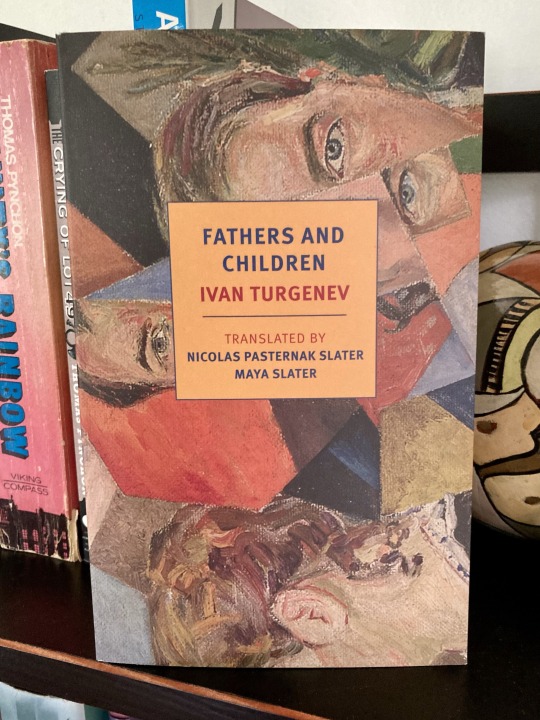
View On WordPress
#Book Acquired#Books#Fathers and Children#Ivan Turgenev#Literature in translation#Russian literature
0 notes
Text


my main ocs/the ocs who i think about the most/who are generally my favourites
#digital art#artists on tumblr#original characters#ocs#emberchii#tiny brain children#ember nyxian#connwaer the unseelie#null the fae#vera pasternak#ivan pasternak#rowan shimizu malcalester#asuka radcliff#emrys vaughn#arcanum#caine arboran#keaton allens
57 notes
·
View notes
Photo

some doodles of one of my bois
14 notes
·
View notes
Text
My beautiful and/or antique books collection ♥️
American literature

British
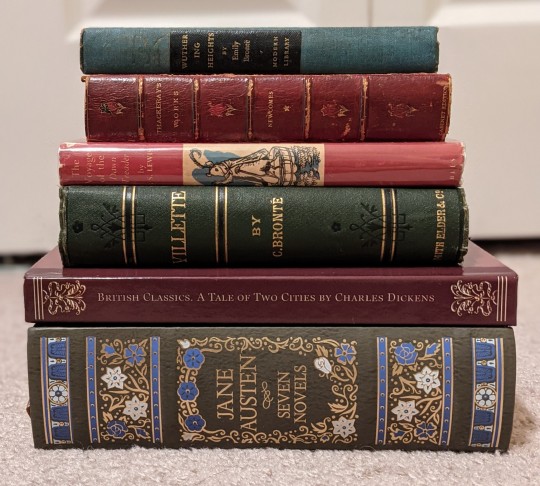
Russian

Heritage Club + Limited Edition Club
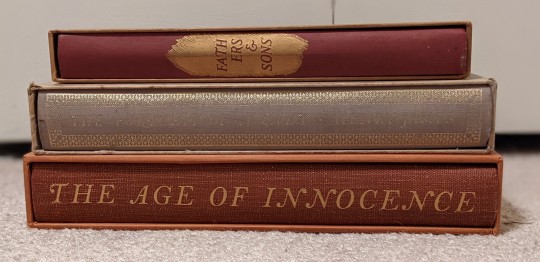
Gone with the Wind
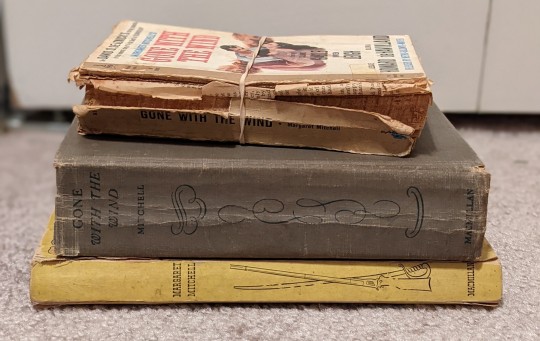
(I've already shared my Narnia and Tolkien books, so I won't repeat those here )
Details on the specific books:
American lit, top to bottom of the stack
Ethan Frome by Edith Wharton, published in 1911. My copy is from 1939 and I got it for 50 cents at a used book sale.
Laments for the Living by Dorothy Parker, published 1930. The latest addition to my collection, purchased yesterday from a used bookstore on a visit to my sister! My copy is a tenth printing from September 1936.
A Library of America anthology of Willa Cather's early novels (1905-1922) that I got for Christmas one year.
The Collected Works of F. Scott Fitzgerald (1920-1940) from the Wordsworth Library Collection. I picked this up at Costco, if you can believe it. Just a basic anthology, but very pretty.
Heritage Club copy of The Portrait of a Lady by Henry James (1881) that I picked up at a used bookstore.
Limited Edition Club copy of The Age of Innocence by Edith Wharton (1920) that my mom bought me for my birthday after someone never returned my original copy. One of the best gifts I've ever received.
British lit
Wuthering Heights by Emily Brontë, originally published in 1847. My copy is the Modern Library edition from 1939. I inherited it from my mom :)
The Newcomes by William Makepeace Thackeray, originally published in 1855. My copy is part of a 26 volume set of Thackeray's works from 1901. I found it for five dollars at an antique store.
The Voyage of the Dawn Treader by C.S. Lewis first edition, second printing. Arguably the jewel of my collection. It's a former library book and I bought it for myself as a reward for surviving the Covid lockdowns lol. In my defense, I'd had my eye on it for a while.
Villette by Charlotte Brontë, originally published in 1853. My copy is from 1887 (!) The other best Christmas gift I've ever received.
A Tale of Two Cities by Charles Dickens (1859). My copy is a British classics edition from an indie publisher where the whole thing is arranged like a newspaper. It's super cool.
Barnes and Noble edition anthology of Jane Austen's works
Russian
And Quiet Flows the Don by Mikhail Sholokhov (1940). My copy is from 1960. Not that antique, but I love it all the same. Another used bookstore find!
International Collectors Library edition of Nicholas and Alexandra by Robert K Massie (1967). They did a really beautiful series of "The World's Greatest Biographies." Yet another used bookstore find (I may spend too much time in used bookstores 😂)
International Collectors Library copy of Doctor Zhivago by Boris Pasternak (1957). Library book sale, I think.
Barnes and Noble edition of Anna Karenina by Leo Tolstoy (1878).
Heritage Club copy of Fathers and Sons by Ivan Turgenev (WITH its Sandglass paper!!). I got it for eight dollars (!) at an antique store.
Gone with the Wind (Margaret Mitchell, 1936)
My mom's copy, dated 1961. It's paperbound and falling apart, but it's one of the most precious objects I own. Probably the #3 object from my house that I would save in a fire.
A copy from 1937. It's an eighteenth printing and not especially valuable, but I think it's super cool that my copy was printed only a year after publication. Definitely the copy that I read/handle most often. From a used bookstore I think?? Genuinely not sure.
The Motion Picture Edition! That's right, I have the edition that got released with the movie in 1939. It's hilarious how similar and yet different it is from modern books like this. Glossy cover with pictures from the movie on the front and back, movie stills interspersed throughout, yet it's 8x10 and the text is set two columns to a page. This came from an antique store and I laugh to myself every time I look at it.
#my pride and joy#hope this post is enjoyable for others and not widely self indulgent lol#pontifications and creations#literature makes us more human
25 notes
·
View notes
Text

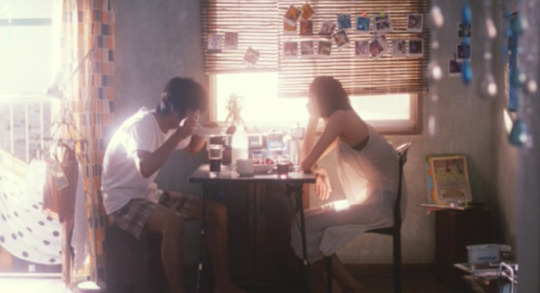
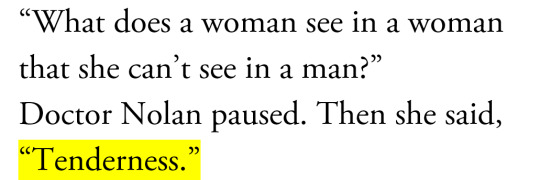
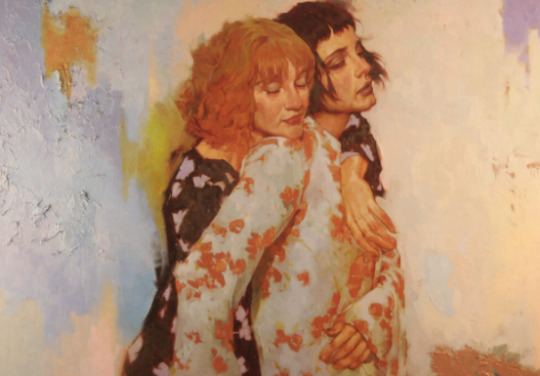

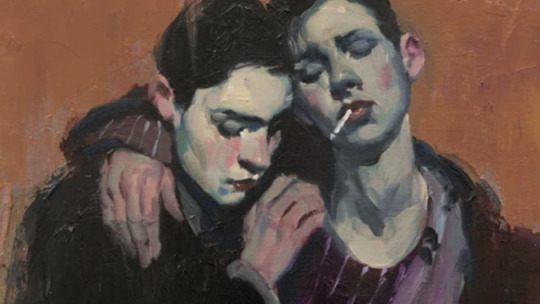



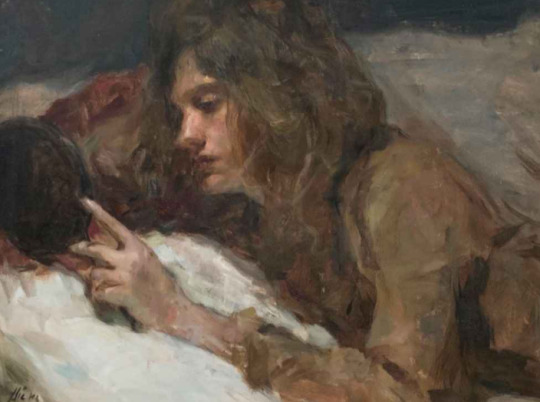

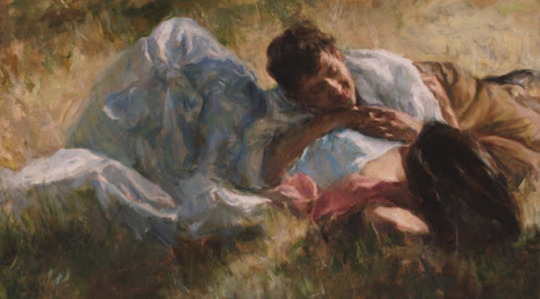

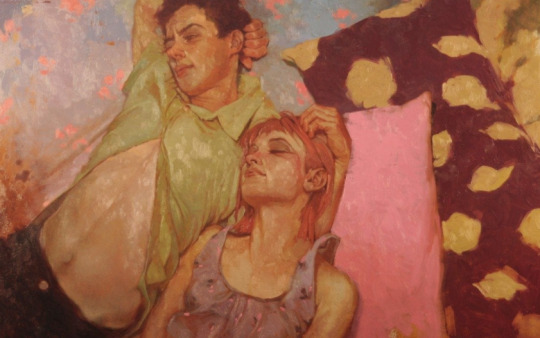








“Where does such tenderness come from?”
1.Marina Tsvetaeva / 2.open house 1998 / 3.Sylvia Plath / 4.Joseph Lorusso / 5.Pablo Neruda / 6.Malcolm T. Liepke / 7.Ocean Vuong / 8.Joseph Lorusso / 9.Richard Siken / 10.Ron Hicks / 11.Mary Ann Samyn / 12.Ron Hicks / 13.May Sarton / 14.Joseph Lorusso / 15.Ivan Malkovych / 16.Ocean Vuong / 17.Breathless, Godard, 1960 / 18.Boris Pasternak / 19.Holly Warburton / 20.Mary Jo Bang / 21.Holly Warburton / 22.Susan Sontag
#poetry#tenderness#marina tsvetaeva#ocean vuong#on earth we're briefly gorgeous#classic literature#quotes#art#web weaving#richard siken#susan sontag#boris pasternak#russian literature#pablo neruda#poem#painting#joseph lorusso#ron hicks#films#love#holly warburton#light academia#romantic academia#parallels#chaotic academia
10K notes
·
View notes
Text
10 Life lessons from the masterpieces of Russian literature
1. Happiness is a salty potato. When the peasant Platon Karatayev offers Pierre Bezukhov a potato sprinkled with salt in Leo Tolstoy’s War and Peace, he delivers a very important message. “Love your parents, have children of your own, bear your fate with acceptance and patience.” And the potato? Relish the simple things in life.
2. Don’t trust a woman who wears too much perfume. In Leo Tolstoy’s Anna Karenina, the horrors of “vinaigre de toilette”, as worn by all the salon “ladies”, represents artifice, pretence and delusion. Everything Levin – and all of us – must fight against.
3. Never underestimate the importance of dressing properly. Anna Akhmatova’s sorrowful and bitter work Requiem is filled with wry flashes of the painfully mundane: from the significance of a sleek black skirt to her counsel against wearing tight shoes for prison visits.
4. You’re not as smart as you would like to think you are. Sometimes we do things so stupid that even God struggles to forgive us. Fyodor Dostoevsky’s Rodion Raskolnikov wants to prove himself invincible in Crime and Punishment. Instead he bungles a heist and ends up getting a degree of comfort by becoming heavily religious.
5. When things go wrong, put one foot in front of the other. When your horizons become literally limited because you are in the Gulag – as for the title character in Aleksandr Solvzhenitysn’s One Day in the Life of Ivan Denisovich, there is a keen sense of life being worth living even in the worst of circumstances.
6. Beware the burden of comparison. Anton Chekhov’s Three Sisters is an elaborate caution against thinking that the grass is greener elsewhere. Find the good in your situation instead of envying that of others.
7. Avoid flirting with your best friend’s girl. Surely the worst crime in Alexander Pushkin’s Eugene Onegin is the title character’s behaviour towards his best friend, Lensky. He flirts with Lensky’s girl, and Lensky is forced to call him out in a duel, in which Onegin shoots him dead. Pushkin’s warning? Don’t be as idiotic as this man.
8. Give in to destiny. In Boris Pasternak’s Doctor Zhivago, we learn that someone more important than you (i.e., God) has decided your fate, so don’t fight it.
9. You’ve got to laugh or else you would cry. Mikhail Bulgakov delivers a masterclass in using satire as a means of survival in The Master and Margarita. How else could you weather the horror of the Stalinist purges of the 1930s?
10. Know your limits. Knowing when to make an exit is surely one of life’s most precious skills. Ivan Turgenev’s character Rakitin, in A Month in the Country, leaves before things get too humiliating when he realises that the woman he loves does not return his interest.
taken from Viv Groskop’s book The Anna Karenina Fix (Fig Tree)
#russian literature#leo tolstoy#anna akhmatova#fyodor dostoevsky#aleksandr solzhenitsyn#anton chekhov#alexander pushkin#boris pasternak#mikhail bulgakov#ivan turgenev#viv groskop#The Anna Karenina Fix#life lessons
30 notes
·
View notes
Text
Langblr culture challenge
Day 20: Literature
During the Middle Ages, epics and chronicles were composed in Old East Slavic.
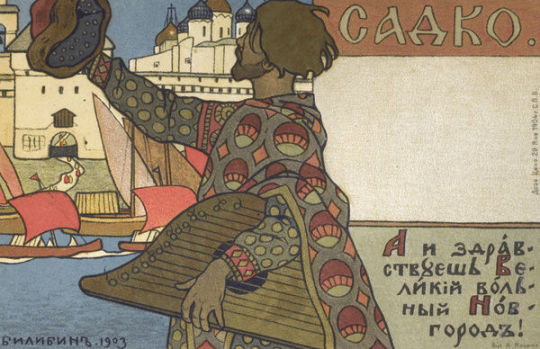
By the Age of Enlightenment, literature had grown in importance and during the early 18th century, it underwent a golden age with poets like Vasily Zhukovsky and Alexander Pushkin and novelists like Nikolai Gogol (Dead Souls; Мёртвые души) and Ivan Turgenev (Fathers and Sons; Отцы и дети). The most renowned authors of this era are Fyodor Dostoevsky (Crime and Punishment; Преступление и наказание) and Leo Tolstoy (War and Peace; Война и мир).

In the second half of the century, Anton Chekhov stood out with his short stories and plays.

During the beginning of the 20th century, Russian literature saw a Silver Age of poetry with authors like Konstantin Balmont, Anna Akhmatova, Marina Tsvetaeva, and Boris Pasternak. Important novelists include Alexander Kuprin (The Duel; Поединок), Ivan Bunin (The Life of Arseniev; Жизнь Арсеньева), Yevgeny Zamyatin (We; Мы), and Dmitry Merezhkovsky (Christ and Antichrist trilogy; трилогия «Христос и Антихрист»).

In the 1930s, the predominant literary trend was Socialist realism with leading figures such as Nikolai Ostrovsky (How the Steel Was Tempered; Как закалялась сталь), Mikhail Sholokhov (And Quiet Flows the Don; Тихий Дон), and Alexander Fadeyev (The Young Guard; Молодая гвардия). Many authors wrote in exile, like poet Vyacheslav Ibanov and novelist Vladimir Nabokov (Lolita; Лолита). Other notable writers from the Soviet era are Mikhail Bulgakov (The Master and Margarita; Мастер и Маргарита) and Andrei Platonov (The Foundation Pit; Котлован).
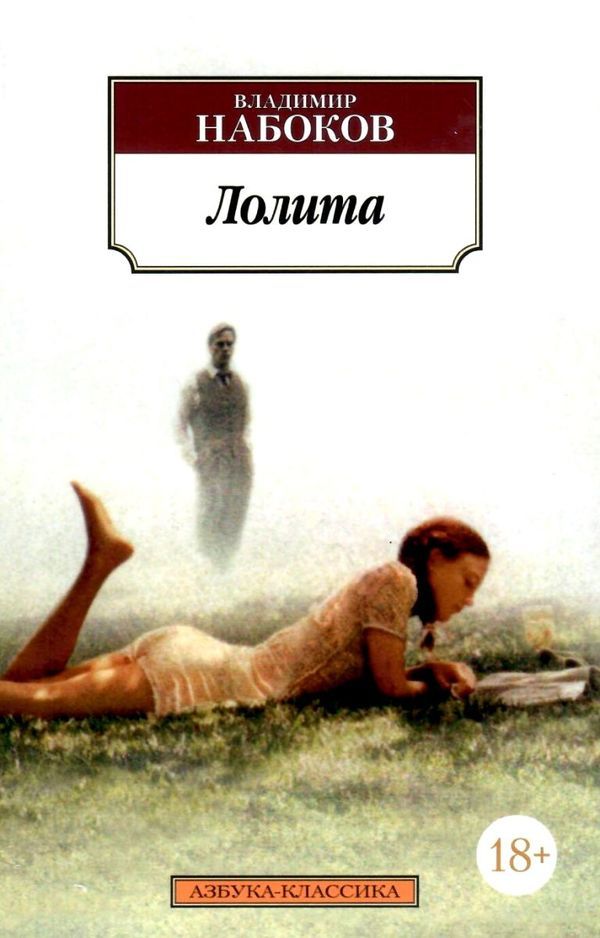
The end of the 20th century did not see much literary production, but the most well-known authors are the novelist Victor Pelevin (Buddha’s Little Finger; Чапаев и Пустота), the novelist and playwright Vladimir Sorokin (The Queue; Очередь), and the poet Dmitri Prigov.
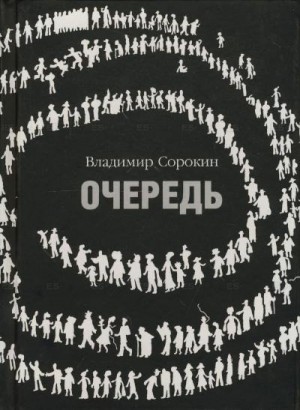
In 2011, Russia was the fourth-largest book producer in the world.
30 notes
·
View notes
Text
Russian Literature Recommendations / My 2022 TBR
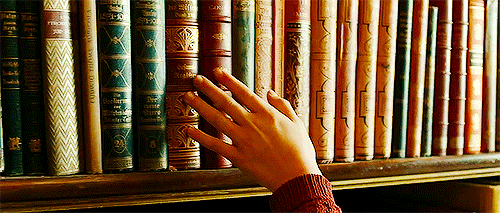
1) Crime and Punishment (Fyodor Dostovesky)
2) Brothers Karamazov (Fyodor Dostovesky)
3) War and Peace (Leo Tolstoy)
10) Eugene Onegin (Alexander Pushkin)
4) Anna Karenina (Leo Tolstoy)
5) Master and Margarita (Mikhail Bulgakov)
6) Lolita (Vladimir Nabokov)
7) Uncle Vanya (Anton Chekhov)
8) Doctor Zhivago (Boris Pasternak)
9) Fathers and Sons (Ivan Turgenev)
#books#dark academia#books and literature#russian literature#reading#russianliterature#russianclassics#leo tolstoy#classics#penguin classics#pushkin#Dostovesky#TBR#2022#Recommendation#tumblr books#well read mind#bibliophile
13 notes
·
View notes

